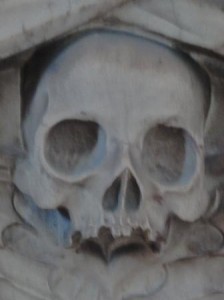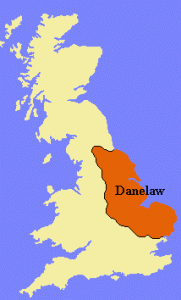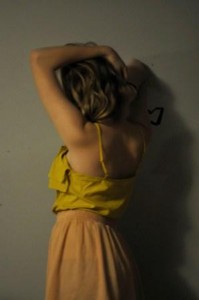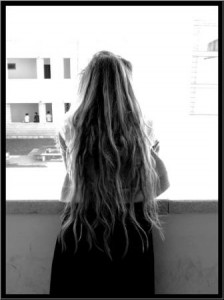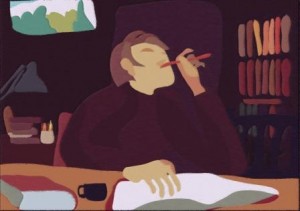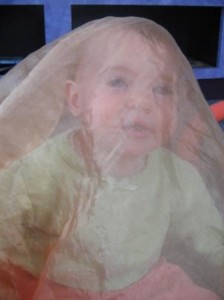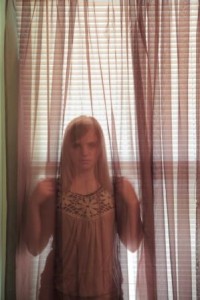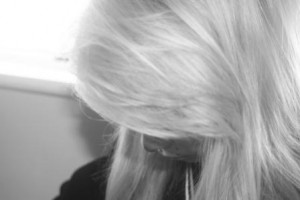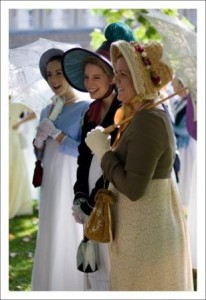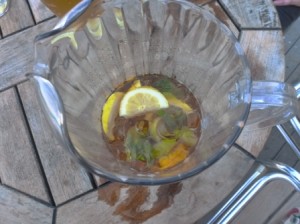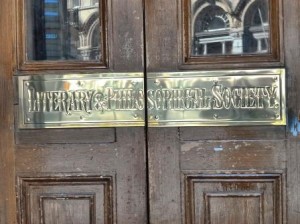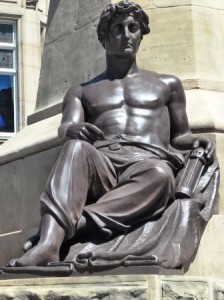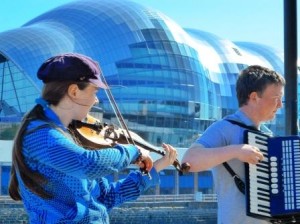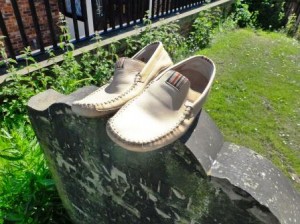When I go out on a jolly, I usually end up with a theme. Today’s theme was skulls.
I went to Portsmouth to visit the Cathedral. I love a good Cathedral, and one features in my work-in-progress (currently titled Georgiana and the Municipal Moon). I was on a gargoyle and grotesque hunt, so I walked round the outside first. I came across that wonderful 17th century doorway (detail shown above) – and a tranquil Garden of Remembrance.
I wanted to take pictures of the gravestones but a sign exhorting me to treat it with respect made me hesitate. Was it disrespectful? Grief is grief – two months or two centuries ago, surely? I reflected on this as I walked on the crazy paving made of bomb-damaged tombstones. I recalled the Ancient Egyptian maxim: to speak the name of the dead is to make them live again. I believe telling stories through words or other forms of art does exactly that.
Once inside I found more skulls. I overheard the lovely ladies in the coffee shop remarking on my photography later. It made me pause a little. Am I morbid, overdoing the Goth thing, death obsessed – in this and my writing?
I would argue that children and young people love a bit of gruesome. The bowels of Buckingham ( and his sister) interred there would fascinate most, I think. I recall very clearly finding an ossuary in Ireland by the Kenmare river and being both fascinated and horrified by the skulls at one and the same time.
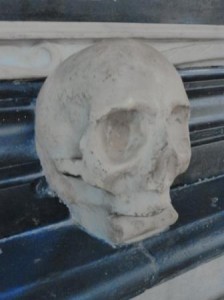
This skull sits beneath the urn containing the viscera of the Duke of Buckingham – and that of his sister.
But I think there is more than just pleasurable terror involved in a fascination with bones and the like. There are deeper issues of mortality. These can and should be dealt with in books for younger readers. The bracing comedy of ‘Henry Tumour’, and the powerful honesty of ‘A Monster Calls’ bring hope and strength to the world, not despair.
I have recently read ‘Constable & Toop’, which also deals with death. There is humour and quiet dignity, and ghosts. (They will be a subject for another post or two). But my point is that children will come across death at some point. Their pets will die, or their grandparents. Perhaps they will see an accident and ask questions. People are fascinated by death – and touching on it with honesty brings depth to a writer’s work.
In the midst of life we are in death.
Book of Common Prayer, Burial Service
Whatever your beliefs, it is inescapable. But in the same way as shadows are the darkest when the sun shines brightest, the thought of Death should bring intensity to Life – in this world and any fictional one.







